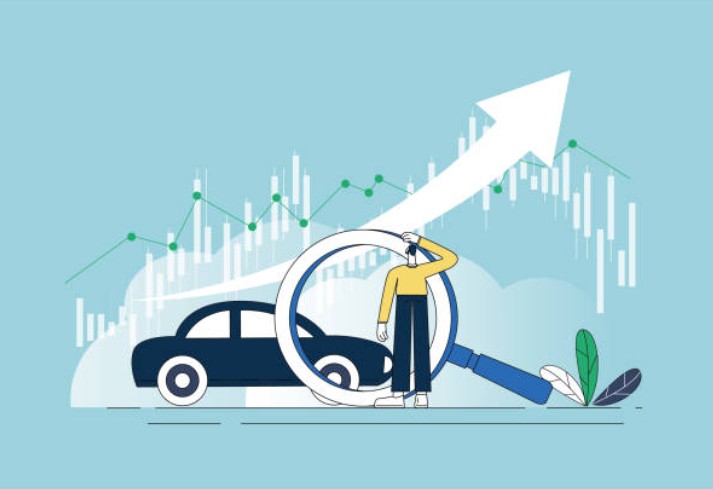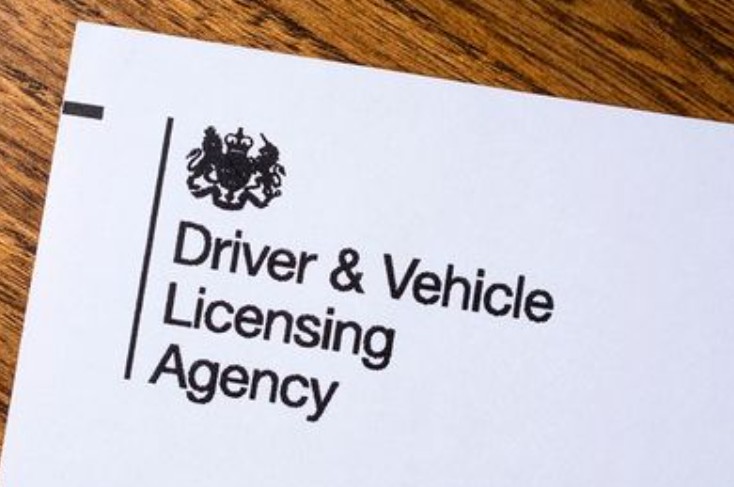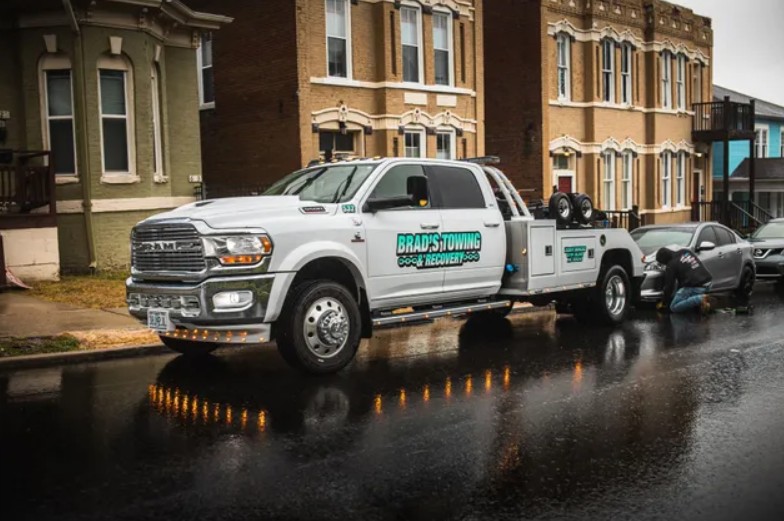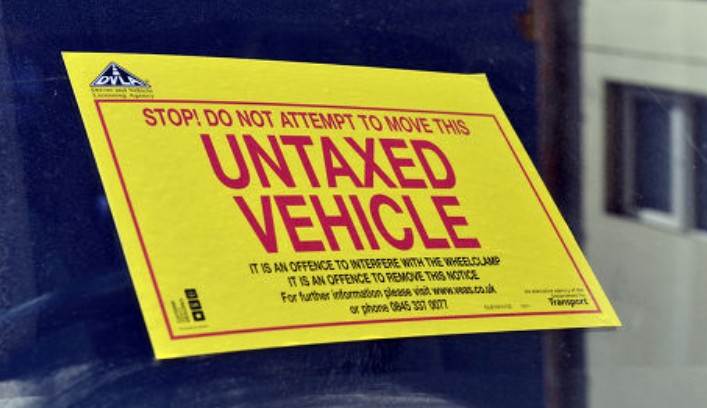Untaxed vehicles are a common sight on UK roads and streets, whether abandoned cars, vehicles no longer in use, or simply owners who have neglected their legal duties. While spotting an untaxed vehicle might seem like a minor issue, reporting it to the Driver and Vehicle Licensing Agency (DVLA) is an important civic responsibility. But what happens when you report an untaxed vehicle to the DVLA? This blog post will guide you through every step of the process, what enforcement actions can be taken, and why it’s essential for maintaining safe, fair, and orderly roads across the UK.
Understanding Vehicle Excise Duty (VED) and Its Importance

Vehicle Excise Duty, or road tax, is a legal requirement that applies to almost every vehicle kept or used on public roads in the UK. It’s important to note that since 2014, the old paper tax discs are no longer displayed on windshields, meaning drivers and authorities rely on electronic records maintained by the DVLA.
The money collected from VED funds is vital for road infrastructure, including maintenance, safety improvements, and public transport initiatives. When vehicles go untaxed, it puts additional strain on government budgets and the taxpayer, undermining fairness and road safety.
Signs That a Vehicle Might Be Untaxed
Since physical tax discs are no longer used, it’s not always obvious when a vehicle is untaxed. However, there are a few telltale signs:
- Long-term parking without movement: A vehicle left in the same spot for weeks or months, often with dirt, dust, or signs of deterioration.
- Flat tyres or damage: Vehicles showing neglect may be untaxed or even abandoned.
- Online checks: You can use the official DVLA website to check a vehicle’s tax status simply by entering its registration number.
- Lack of SORN declaration: A vehicle without tax should be declared off-road (Statutory Off Road Notification or SORN) if not driven. Absence of this declaration means the vehicle should be taxed.
How to Report an Untaxed Vehicle to the DVLA?

The DVLA provides a simple and accessible way to report untaxed vehicles. You’ll need:
- The vehicle’s registration number
- The exact location of the vehicle
- Details like make, model, or colour can help, but aren’t mandatory
You can report vehicles online at the official government site: Report an untaxed vehicle or call the DVLA.
What Happens When You Report an Untaxed Vehicle to DVLA?
Once your report is submitted, the DVLA begins a series of checks and enforcement steps:
1. DVLA Database Cross-Check
The DVLA will search their vehicle records to confirm whether the vehicle is taxed or declared off-road with a valid SORN. This is an electronic verification against the official database.
2. Contacting the Registered Keeper
If the vehicle is untaxed and not off-road, the DVLA sends a formal Penalty Charge Notice (PCN) to the registered keeper’s last known address. The initial fine is £80 but reduces to £40 if paid within 14 days. Ignoring the fine can increase the penalty and lead to further legal consequences.
3. Enforcement Actions
If the vehicle owner continues to ignore tax payments and fines, the DVLA has several enforcement options:
- Clamping: The vehicle is immobilised with a wheel clamp to prevent use.
- Towing: Vehicles can be removed and impounded.
- Destruction: In cases where the vehicle remains unclaimed or non-compliant, it can be destroyed, often to recover space and reduce hazards.
4. SORN and Exceptions
If the vehicle owner declares the vehicle off-road (SORN), no tax is needed while the vehicle isn’t used on public roads. The DVLA verifies this during their checks to avoid unnecessary penalties.
Untaxed Vehicles on Private Property — What’s Different?

When an untaxed vehicle is parked on private land, like driveways or private car parks, the DVLA’s authority to enforce tax payment is more limited. They generally do not clamp or remove vehicles from private property unless there are additional legal grounds.
In these cases:
- Vehicle owners on private land are expected to declare a SORN if the vehicle is off-road and untaxed.
- Property owners can contact their local council or private removal services for abandoned or nuisance vehicles.
- Reporting to the DVLA is still helpful to update tax records and track vehicles that may be untaxed.
Why Is It Important to Report Untaxed Vehicles?
Reporting untaxed vehicles supports the community and government efforts in several ways:
- Protecting road safety: Untaxed vehicles may be uninsured, unroadworthy, or abandoned, creating hazards.
- Ensuring fairness: All vehicle owners must contribute via tax; untaxed vehicles place an unfair burden on compliant drivers.
- Maintaining neighbourhoods: Abandoned vehicles can reduce property values, attract vandalism, and clutter streets.
- Supporting enforcement: Your report helps the DVLA identify vehicles they may have missed, improving compliance.
What Are the Risks for Owners of Untaxed Vehicles?
The consequences for owners who do not tax their vehicles can be serious:
- Financial penalties: These include fines, backdated tax, and possibly court costs.
- Legal enforcement: Persistent non-compliance can lead to prosecution.
- Vehicle immobilisation: Clamping or towing can cause inconvenience and extra costs.
- Vehicle destruction: Unclaimed vehicles can be scrapped.
- Insurance implications: Untaxed vehicles are usually uninsured, risking higher penalties if involved in accidents.
Owners are legally required to either tax their vehicle, declare it off-road with a SORN, or remove it from public roads.
How Long Does the DVLA Take to Act on a Report?
The DVLA processes reports efficiently but timescales can vary:
- Initial database checks are usually quick (within days).
- Penalty notices are sent within a few weeks.
- Enforcement action like clamping or towing depends on resources and location but typically follows if the vehicle remains untaxed.
You may not receive updates as the reporting service is anonymous, but rest assured your report triggers official action.
Final Thoughts
Reporting an untaxed vehicle to the DVLA is a simple yet powerful way to contribute to road safety, fairness, and community wellbeing in the UK. The DVLA’s processes ensure that vehicle owners comply with their tax obligations, and enforcement actions protect all road users.
Next time you spot a vehicle that seems untaxed, don’t hesitate — report it. Your proactive step helps keep UK roads safe and fair for everyone.
FAQs About Reporting Untaxed Vehicles
Can I report a vehicle if I’m not sure it’s untaxed?
Yes, reporting even suspected untaxed vehicles helps the DVLA verify tax status and take necessary action.
What if the vehicle has been sold but not updated on DVLA records?
The registered keeper is responsible for tax; owners must notify the DVLA of sales to avoid penalties.
Are reports anonymous?
Yes, the DVLA keeps your identity confidential when you report a vehicle.
Can I report multiple vehicles?
Yes, you can report as many vehicles as you notice.

Leave a Reply